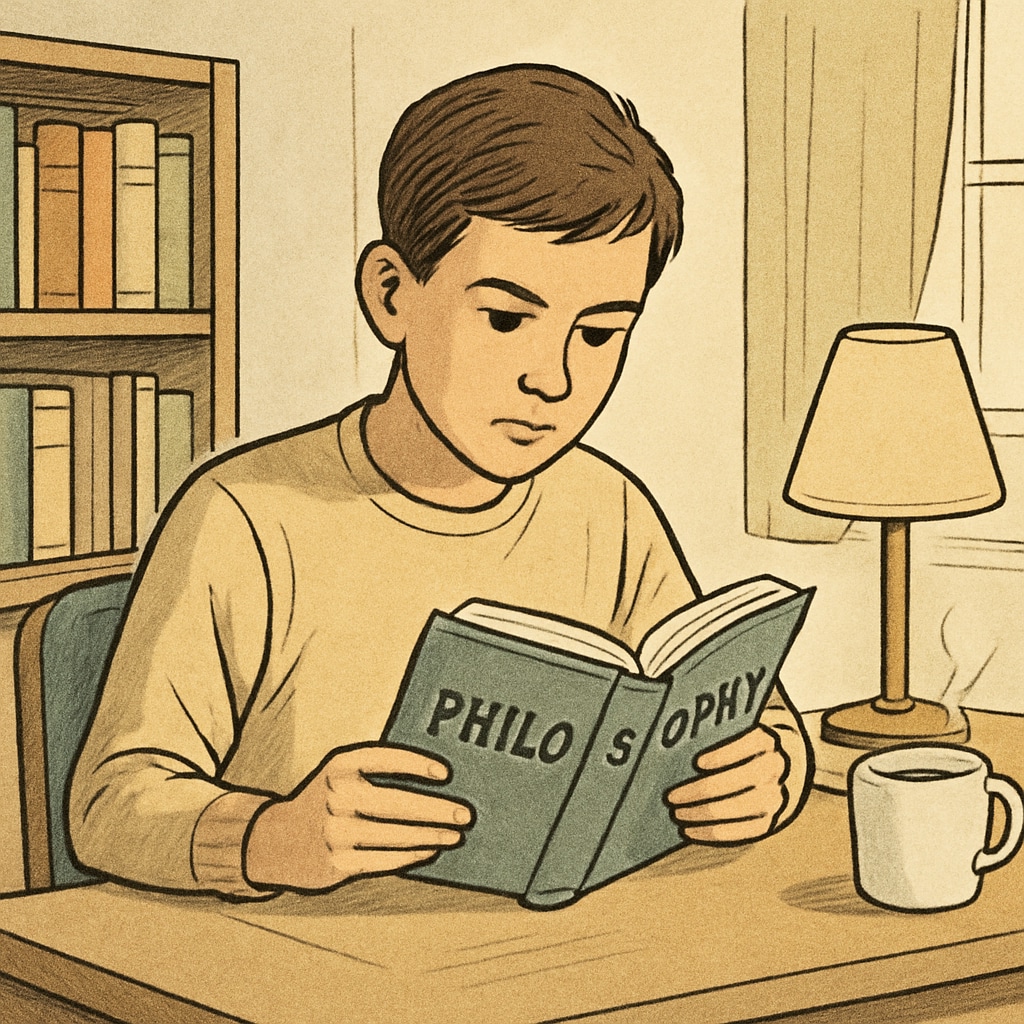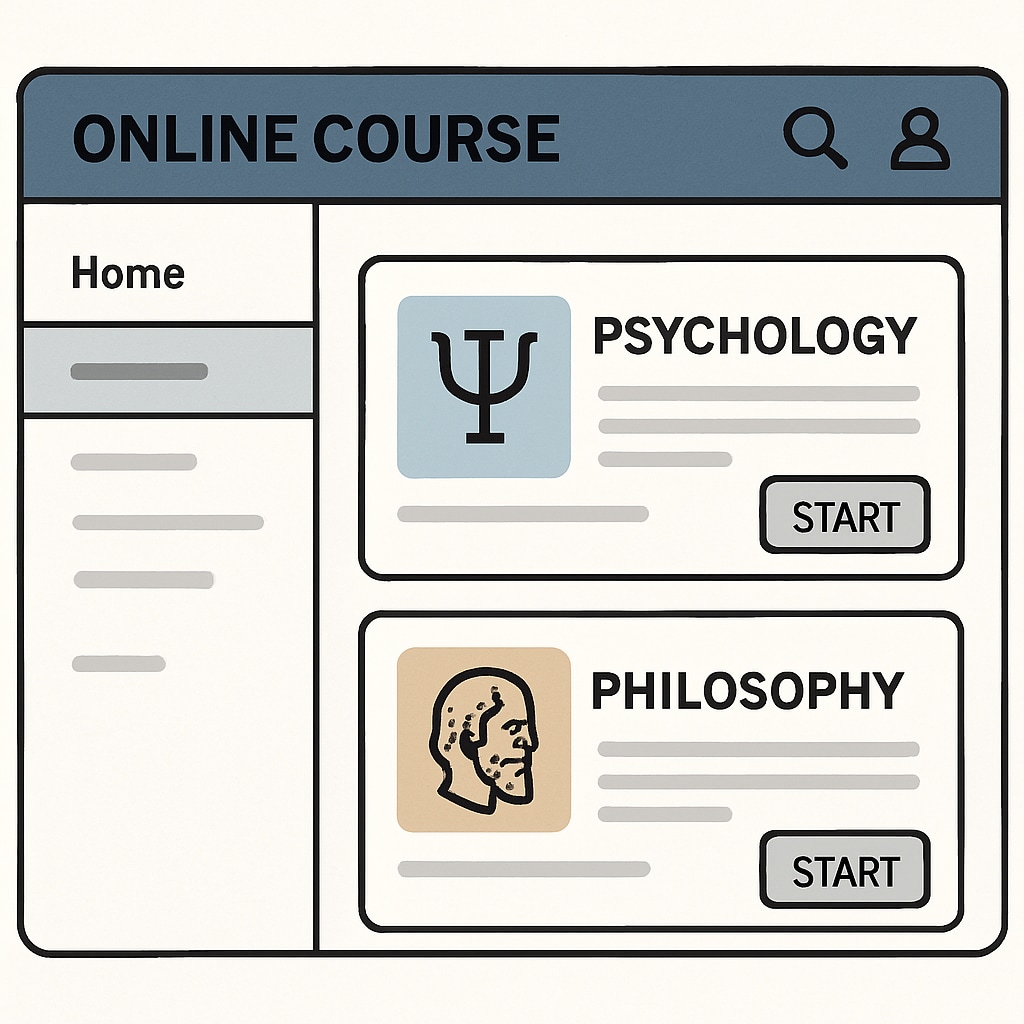For K12 students who are curious about psychology, philosophy, and self-learning, finding accessible and engaging resources outside of the classroom is essential. These fields offer invaluable insights into human behavior, thought processes, and the nature of existence. Whether students are looking for introductory materials or more advanced explorations, this guide highlights a range of self-learning resources, including books, online courses, practical activities, and community platforms.

Books to Start Your Journey in Psychology and Philosophy
Books are an excellent way to dive into psychology and philosophy. They provide foundational knowledge and offer thought-provoking perspectives that can inspire deeper inquiry.
- Psychology: Start with “Psychology: The Science of Mind and Behavior” by Michael Passer and Ronald Smith. This book introduces key concepts in an engaging and accessible format.
- Philosophy: For beginners, “Sophie’s World” by Jostein Gaarder offers a narrative exploration of philosophical ideas, while “The Philosophy Book” by DK provides a visually appealing overview of major thinkers and theories.
As students advance, they can explore works like “Thinking, Fast and Slow” by Daniel Kahneman for psychology and “Meditations” by Marcus Aurelius for philosophy.
Online Courses and Platforms for Self-Learning
Online courses offer structured learning experiences, making complex subjects more approachable. Many platforms provide free or affordable content tailored to K12 learners.
- Coursera: Offers courses like “Introduction to Psychology” by the University of Toronto and “Philosophy and the Sciences” by the University of Edinburgh.
- Khan Academy: Their psychology section covers topics such as behavior, cognition, and social interaction.
- Stanford Encyclopedia of Philosophy: A free resource for exploring philosophical topics in-depth.
These platforms also provide interactive assignments and forums where students can discuss ideas with peers from around the world.

Practical Activities to Enhance Learning
Learning psychology and philosophy doesn’t have to be purely theoretical. Engaging in practical activities can deepen understanding and foster real-world application.
- Psychology Experiments: Conduct small experiments, such as memory tests or behavioral observations, to explore psychological concepts.
- Philosophical Debates: Join or organize debates on ethical dilemmas or existential questions to practice critical thinking.
- Journaling: Reflect on personal experiences and analyze them through psychological and philosophical frameworks.
These activities encourage active participation and help students connect abstract ideas to everyday life.
Joining Communities and Discussion Groups
Community engagement is a powerful way to enhance learning. By joining groups focused on psychology or philosophy, students can exchange ideas, ask questions, and receive guidance from others.
- Online Forums: Websites like Reddit’s Philosophy community and Reddit’s Psychology community offer spaces for discussion and resource sharing.
- Local Clubs: Many schools or libraries host clubs focused on philosophy or psychology topics. These provide opportunities for face-to-face interaction.
- Social Media Groups: Platforms like Facebook and LinkedIn host groups dedicated to exploring these subjects.
As a result, students can learn collaboratively while developing communication and analytical skills.
Conclusion
Psychology and philosophy open doors to understanding ourselves and the world around us. For K12 students interested in self-learning, the combination of books, online courses, practical activities, and community involvement creates a rich and rewarding exploration pathway. While academic settings provide valuable instruction, the resources outlined here empower students to pursue their interests independently, fostering lifelong curiosity and critical thinking skills.
Readability guidance: This guide uses concise paragraphs, lists for clear presentation, and accessible language to ensure students at various levels can benefit from the recommendations.


